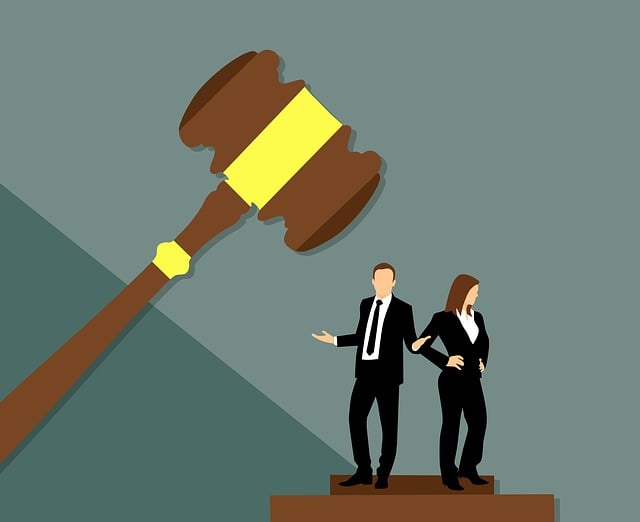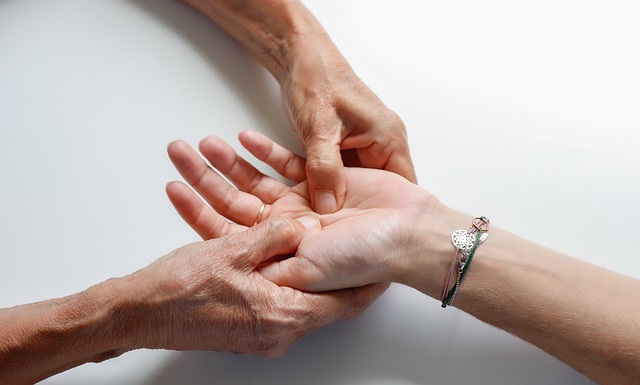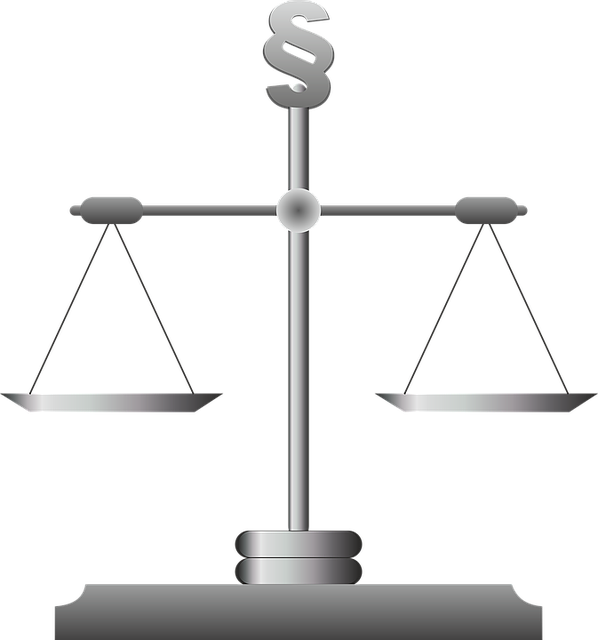Store slip and fall lawsuits are common, focusing on proving business negligence in maintaining safe premises. Key evidence includes lighting, spill cleanup, and warning signs. Victims may seek damages for medical costs, pain, lost wages, and reduced earning capacity. Negligence is proven if the store had knowledge of a hazard but failed to act reasonably. Specialised attorneys gather evidence like security footage to establish liability, especially in sensitive cases like nursing home abuse. Understanding local laws regarding slip and fall incidents is crucial for fair compensation.
In the event of a store slip and fall, understanding what damages are recoverable is crucial for victims seeking compensation. This comprehensive guide delves into the intricate world of retail liability, shedding light on the legal aspects of slip-and-fall incidents. We explore the various types of recoverable damages, from medical expenses to lost wages, empowering individuals to navigate the complexities of store slip and fall lawsuits. Learn how to prove negligence in these cases and secure the compensation you deserve.
- Understanding Store Slip and Fall Lawsuits
- Types of Damages: What You Can Recover
- Proving Negligence in Retail Cases
Understanding Store Slip and Fall Lawsuits

Store slip and fall lawsuits are a common legal issue, with shoppers often seeking compensation for injuries sustained on a business’s premises. These cases revolve around understanding the legal responsibilities of store owners or managers to ensure customer safety. The primary focus is on establishing negligence, which can be proven through various means. For instance, if a business fails to maintain adequate lighting, clean up spills promptly, or install proper warning signs, it may be deemed negligent and liable for resulting damages.
In many jurisdictions, the law holds stores to a standard of care, often referred to as the “reasonable person” standard. This means they must take actions that a reasonable person would consider necessary to prevent hazards from causing harm. Breaches of fiduciary duty, such as neglecting to address known risks or maintain a safe environment, can significantly impact these cases. Similarly, accident compensation plays a crucial role in helping individuals recover from injuries and medical expenses resulting from store slip and fall incidents. Unlike an auto accident lawyer’s focus on vehicle-related collisions, slip and fall attorneys specialize in these unique legal scenarios.
Types of Damages: What You Can Recover

When you’re injured in a store slip and fall, understanding what damages you can recover is crucial. Unlike a car accident or truck accident, where significant physical injuries and medical bills are often evident, store slip and falls can result in a range of damages that might not be immediately apparent. In addition to out-of-pocket medical expenses, you may be entitled to compensation for pain and suffering, lost wages, and reduced earning capacity if your injury impacts your ability to work.
It’s also important to note that, unlike employment disputes where the focus is on contractual obligations and workplace policies, a store slip and fall case centers around negligence. This means proving that the store owner or manager failed to maintain their premises in a safe condition, and that this failure directly led to your injury. Engaging the services of a qualified car accident attorney or truck accident lawyer who specializes in store slip and falls can help you navigate this complex process and ensure you receive fair compensation for all recoverable damages.
Proving Negligence in Retail Cases

Proving negligence in a store slip and fall case is a crucial step towards recovering damages. In retail settings, business owners have a legal obligation to maintain a safe environment for customers. If a customer slips and falls due to a hazardous condition on the premises that was either created by the store or left unchecked, it can be considered negligent. To establish negligence, victims must demonstrate that the store had actual or constructive knowledge of the dangerous condition and failed to take reasonable measures to address it. Actual knowledge refers to direct awareness, while constructive knowledge is established when a reasonable inspection would have revealed the hazard.
A personal injury attorney specializing in store slip and fall cases can help gather evidence such as security footage, witness statements, and expert opinions to prove negligence. In some instances, especially involving nursing home abuse, where the victim may be unable to communicate their experience, documenting every detail of the incident becomes even more critical. The goal is to demonstrate that the store’s actions (or lack thereof) led directly to the fall, and thus, they are legally responsible for any resulting injuries. This process requires careful investigation and a thorough understanding of local laws governing slip and fall incidents in retail environments.
In the event of a store slip and fall, understanding what damages are recoverable is crucial. By recognizing the potential for compensation beyond medical expenses, such as pain and suffering, lost wages, and reduced quality of life, victims can navigate their legal options more effectively. Proving negligence in retail cases requires thorough documentation and evidence, ensuring that stores are held accountable for maintaining safe premises. With the right approach, individuals who have suffered due to a store slip and fall can seek justice and recoverable damages.






